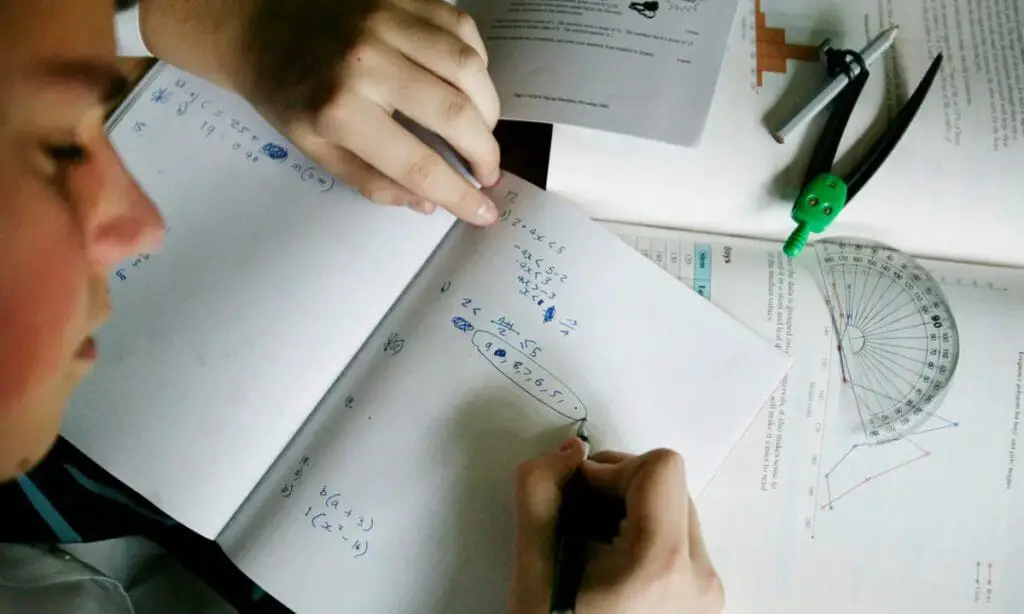


Parents have a significant impact on what a child becomes. Being a parent is a lifetime commitment that demands more than one’s time and attention. It is their responsibility to provide for their child and continuously guide and support them so they can achieve what they want in life. More so, a parent’s involvement in a child’s life gives them the confidence and support they need to achieve their goals.
However, anything that’s too much can be bad. There are instances when parents can excessively be interested and control their child’s life and future. High expectations and aspirations are placed on children due to overly active parenting and what is referred to as parental bragging.
A study published by the American Psychological Association (APA) shed light on this by examining the negative reciprocal effects of parental over aspiration on their child’s achievements. They found very interesting insights, which we will explore in this article.
Prior studies on parents’ over aspiration and academic achievement focused on its positive association, which can lead people to assume that there is nothing to question about the positive impacts of high expectations on their children. But the researchers of the APA study believed that its negative implications should not be overlooked as well.
Hence, Murayama – the lead author, and his team went on to examine data from a longitudinal study from 2000 to 2007 of 3,530 secondary pupils and their parents in Bavaria, Germany. Every year, the study evaluated the student’s math proficiency and their parents’ aspiration or how much they wanted their child to achieve a certain grade and their expectations towards their child’s capacity to earn it.
The results showed that high parental aspiration helped improve children’s academic performance, but only when it did not overly exceed a realistic expectation, or “over aspiration.”
To further support this finding, the researchers tried to reproduce the same results using information from a two-year study of more than 12,000 American students and their parents. The findings were similar to that of the German study and added to the body of research showing that children perform poorly in school when their parents have excessive aspirations for them.
In addition to the findings on the effects of parents’ aspirations, the results provided other interesting observations, including:
In conclusion, the researchers suggest that there are positive and negative implications of parental over aspiration on a child’s academic performance. Although parental aspiration is crucial in unlocking children’s academic potential, parental aspiration can also possibly do more harm than good when done excessively.
It can be easier to believe that setting high expectations on children by parents is what’s best for the pupils because much of prior literature suggests that higher aspirations equate to higher performance. In fact, raising parents’ aspirations and expectations for their kids has frequently been an objective of initiatives to raise academic achievement in classrooms. But as the study suggests, the goal of these educational programs should not be limited to raising parents’ aspirations but rather to arm them with the knowledge they need to establish reasonable goals.
Murayama, K., Pekrun, R., Suzuki, M., Marsh, H. W., & Lichtenfeld, S. (2016). Don’t aim too high for your kids: Parental overaspiration undermines students’ learning in mathematics. Journal of Personality and Social Psychology, 111(5), 766–779. https://doi.org/10.1037/pspp0000079